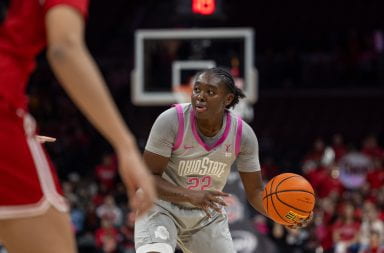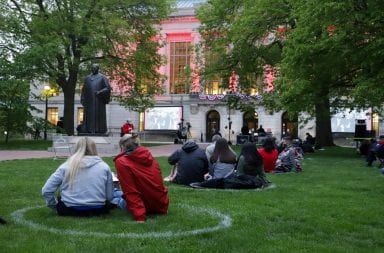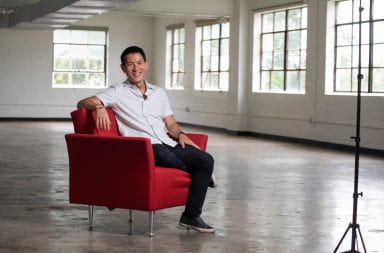The cost of attending a concert could increase under a newly proposed “seat fee” on every entertainment ticket.
The Greater Columbus Arts Council proposed a 5 percent “seat fee,” or admissions tax, to provide a new source of revenue to promote the arts.
“This is really an investment in our arts and an investment in the community,” said Jami Goldstein, spokeswoman for the Greater Columbus Arts Council.
The Columbus Arts Market Sustainability Analysis, a study the Columbus Foundation released in January 2011, marked Columbus as a “viable” market for the arts, but not “sustainable,” because of the low level of resources dedicated to the arts. Other Ohio cities, such as Cincinnati and Cleveland, are listed as “sustainable” and “vital,” respectively.
“The goal of this is, over a 10-year period, to move Columbus from ‘viable’ to ‘sustainable,'” Goldstein said.
A “viable” rating means that organizations can function, but have little room for growth. “Sustainable” and “vital” require an ability for arts organizations to market, program and reinvest in themselves.
How Columbus will get to “sustainable,” Goldstein said, is through the increased funding from the “seat fee.” The funding will be used for grants and endowments for artists and art organizations in the area, Goldstein said.
“Think about this 5 percent fee as an investment back in the community,” Goldstein said.
The 5 percent fee would mean a $49.50 Black Keys ticket would cost an extra $2.47.
Goldstein said she’s not sure when the fee would be enacted and couldn’t give an estimate. She said it’s still in the proposal stage.
“We can drive it as fast as we can, but there are a lot of conversations that have to happen,” Goldstein said.
However, not everyone is in favor of the fee.
Its addition could cause strain on venues such as the Short North Stage, which is smaller than venues such as the Schottenstein Center, said Rick Gore, executive producer at Short North Stage.
“This creates another level of bookkeeping that’s hard on smaller organizations like ours,” Gore said.
Gore said he wasn’t sure how a fee would affect sales, but said it probably wouldn’t make people buy less tickets.
Gore said he supports the Greater Columbus Arts Council and thinks it does a “pretty good job” fairly supporting arts organizations, but would like to know more about the fee and how the funds will be distributed.
The council has yet to speak with the university on how this would affect student tickets.
While the council isn’t sure how the proposal would affect student tickets, Goldstein said they’re looking at a “bottom level” so that tickets less than $10 would be unaffected.
“We never figured movie tickets into the scenario,” Goldstein said.
Some students said they don’t believe the fee will create any adverse effects.
“I don’t think that it’s a problem,” said Tina Song, a third-year in marketing. Song referred to the fee as “small” and said artists shouldn’t have to struggle.
“Anything you can do to help artists is really good,” Song said.
Chloe Meyer, a first-year in exploration, said she wouldn’t have an issue with the fee.
“I’m a supporter of the arts,” Meyer said.
The council is also looking into offering discount ticket programs for last minute, affordable tickets for students and visitors to Columbus.
“The most important thing to us is making arts accessible for everyone,” Goldstein said.


